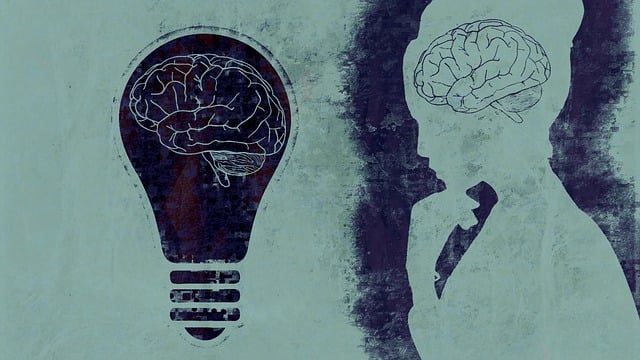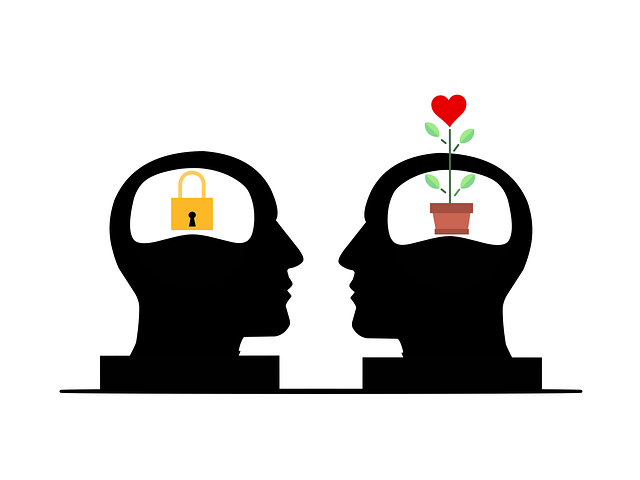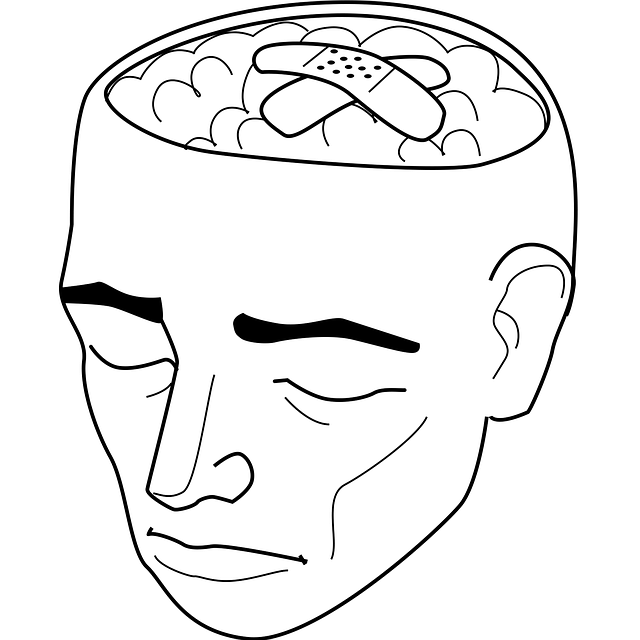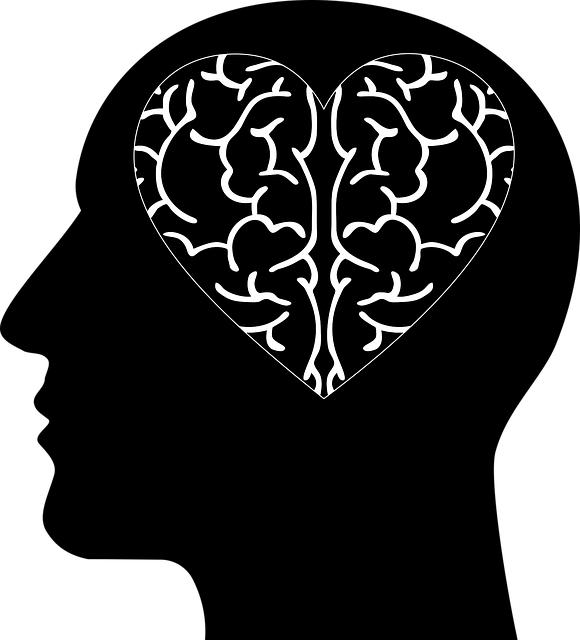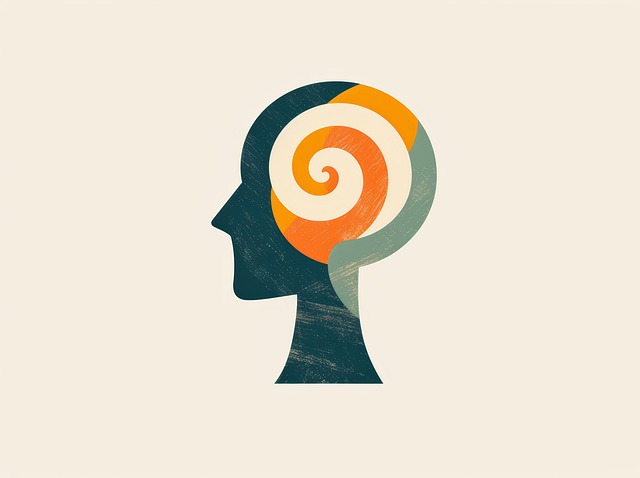Cultural sensitivity is crucial in high-quality mental healthcare, especially in diverse communities like Colorado Springs. Certified EMDR therapy here integrates cultural factors to address trauma, using evidence-based practices alongside traditional methods. This personalized approach enhances communication, fosters skill development, and boosts self-esteem, empowering individuals for transformative mental health improvements. With active listening, open communication, and a safe space, therapists create an inclusive environment where clients share their cultural backgrounds, beliefs, and experiences, leading to lasting positive changes through Colorado Springs EMDR Certified Therapy.
Mental healthcare practices increasingly recognize the importance of cultural sensitivity to provide effective treatment. This is especially relevant in diverse communities, such as Colorado Springs. The article explores these concepts through three key sections. Firstly, it introduces cultural sensitivity in mental healthcare and its benefits. Secondly, it highlights the role of Colorado Springs EMDR Certified Therapy in adopting a culturally responsive approach. Lastly, it offers best practices for therapists to offer culturally sensitive care during sessions.
- Understanding Cultural Sensitivity in Mental Healthcare
- Colorado Springs EMDR Certified Therapy: A Cultural Approach
- Best Practices for Culturally Responsive Care in Therapy Sessions
Understanding Cultural Sensitivity in Mental Healthcare

Cultural sensitivity is a cornerstone of effective mental healthcare practice, especially in diverse communities like Colorado Springs. It involves recognizing and respecting the unique cultural backgrounds, beliefs, and values of individuals seeking therapy. This approach ensures that treatment plans are tailored to meet the specific needs and preferences of each client, fostering trust and improving outcomes. For instance, certified EMDR therapy in Colorado Springs integrates cultural considerations to address trauma, offering a holistic healing process that respects traditional healing methods and community support systems.
By incorporating cultural sensitivity, therapists can facilitate better communication, enhance coping skills development, and promote self-esteem improvement. They become mindful of potential language barriers, family dynamics, and community influences that might impact an individual’s mental health journey. This tailored approach not only respects the client’s identity but also empowers them to embrace mind over matter principles, leading to lasting transformative changes in their lives.
Colorado Springs EMDR Certified Therapy: A Cultural Approach

In the vibrant landscape of mental healthcare, cultural sensitivity is a cornerstone for effective treatment. Colorado Springs EMDR Certified Therapy stands out as a game-changer in this domain. By integrating evidence-based practices with a deep understanding of diverse cultural backgrounds, therapists in Colorado Springs offer tailored support to individuals from various ethnic, racial, and socio-economic groups. This approach ensures that every client receives care that resonates with their unique cultural identity, fostering trust and openness.
The therapy emphasizes mindfulness meditation and conflict resolution techniques as essential tools for healing. By incorporating these strategies, therapists help clients navigate through internal and external conflicts, boosting confidence and self-acceptance. Moreover, the certified nature of the therapy assures quality and consistency, making it a reliable choice for those seeking mental health support in Colorado Springs. This cultural approach not only enhances the therapeutic process but also promises lasting positive changes in an inclusive and supportive environment.
Best Practices for Culturally Responsive Care in Therapy Sessions

In providing culturally responsive care, therapists in Colorado Springs EMDR Certified Therapy sessions should prioritize active listening and open communication. This involves creating a safe and non-judgmental space where clients feel comfortable sharing their cultural backgrounds, beliefs, and experiences. Therapists should also demonstrate genuine interest and curiosity about these aspects, fostering an environment of mutual understanding and respect. By incorporating the client’s cultural perspectives into the therapeutic process, therapists can offer more personalized and effective treatments.
Best practices include integrating empathy-building strategies that promote cultural sensitivity. This may involve the therapist sharing relevant personal experiences or demonstrating a deep understanding of the client’s cultural context through research and education. Public Awareness Campaigns Development can also play a role in enhancing cultural competence by raising awareness about diverse mental health challenges and effective treatment approaches. Additionally, Mental Wellness Journaling Exercise Guidance can be provided to encourage clients to reflect on their cultural identity and its impact on their mental well-being, fostering self-awareness and empowerment throughout therapy.
Mental healthcare practices that incorporate cultural sensitivity, such as Colorado Springs EMDR Certified Therapy, are essential in providing effective and equitable care. By understanding and respecting diverse cultural backgrounds, therapists can create a safe and supportive environment for all clients. Best practices include active listening, adapting therapeutic techniques, promoting cultural exchange, and ensuring access to multilingual resources. Embracing these strategies fosters culturally responsive care, ultimately enhancing the overall well-being of individuals from various cultural communities.
